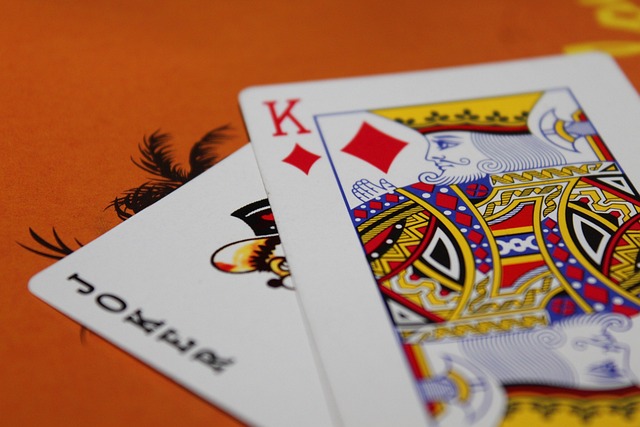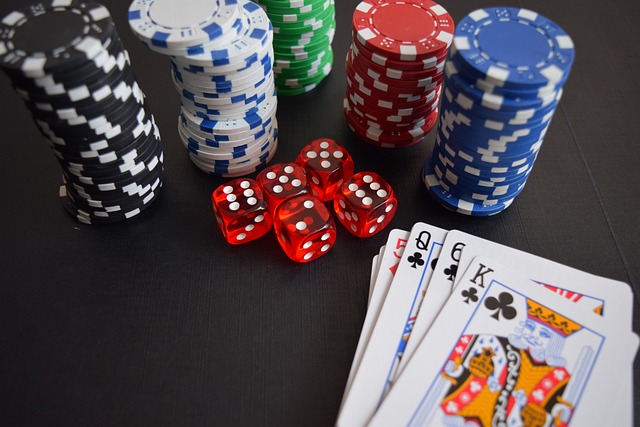A bluff, when the time is right, is one of the most effective weapons any poker player has. But before you start bragging wildly, there are a few things you should keep in mind.
The effectiveness of lanterns depends on their frequency. If you try to bluff all the time, don’t be surprised if you get called at some point. On the other hand, bluffing more often means you get paid more for your good hands.
The key is to have a consistent and consistent story. A good bluff always tries to “represent” a specific hand. You must play the entire hand as if you had that hand. Example 1: The flop comes AsAc3d, your opponent bets and you call. The turn comes Tc, your opponent bets and you raise, pretending to have the Ace. Example 2: You have AhKh, the flop comes QdJs8d. The opponent bets and you call. The turn is 3c, your opponent bets and you call. The river comes 9d, your opponent checks and we bet 50% of the pot. Here we have played the hand as if we had a draw (straight or flush draw), and since the river completes both draws, the opponent assumes it would be fair to fold.
Preflop bluffs

Bluffing works not only on the flop, turn or river, but also pre-flop. Again, the picture of the table is important and you should look at the table for a while before doing this.
First, it is important to know who raises frequently: such a player can be expected to raise at least from middle or late position when he has a large “range” of hands, including rather bad cards like QT and various clubs. You can then 3-bet this player out pre-flop if possible. It is important to be in a good position because there is a risk that another player will wake up behind you with a “real hand”. The best positions for a 3-bet bluff are the button, the cutoff and the big blind.
If the 3-bet is called, you should definitely bet the flop again, especially if it is uncoordinated (no draw) or small. Unpaired hands miss the flop 70% of the time, and in most cases your opponent will take a good 3-bet preflop hand if you play aggressively before and after the flop.
If the bet is also called on the flop, be careful: your opponent probably has at least a medium-strength hand that he does not want to fold.
